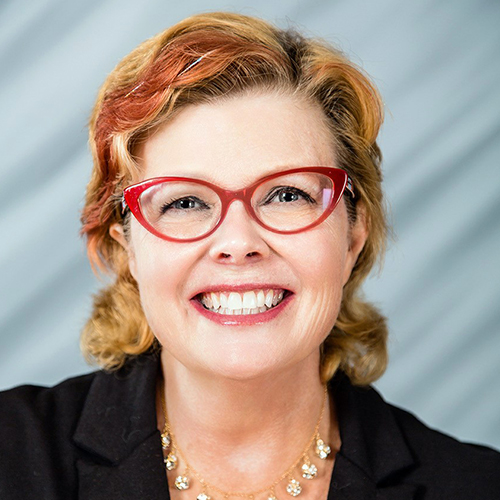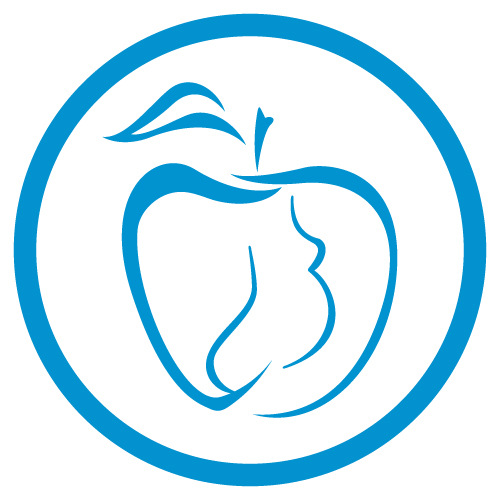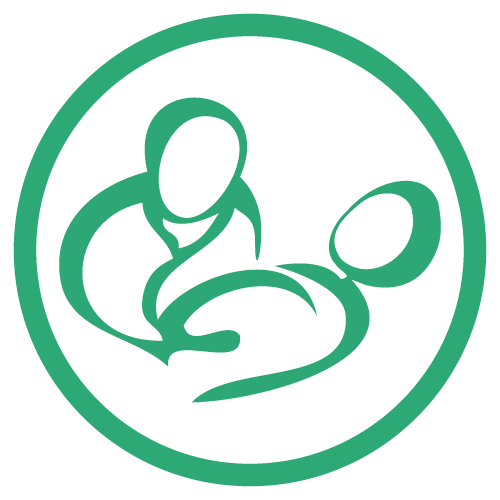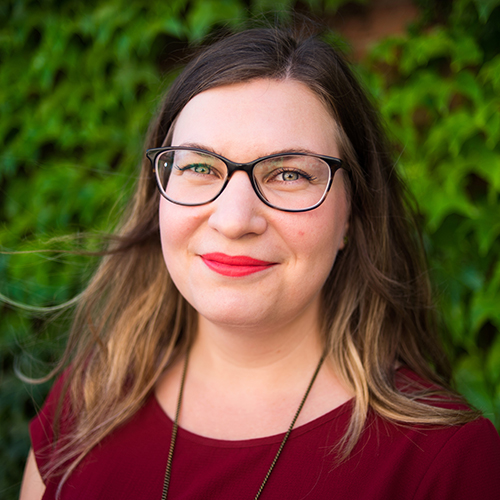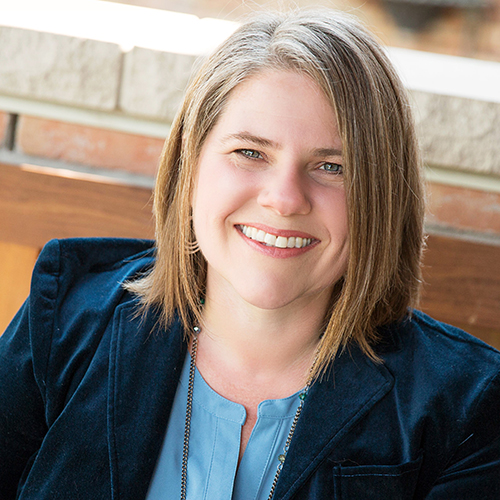 IBCLC Detailed Content Outline: Psychology, Sociology, and Anthropology Focused CERPs - Section V
IBCLC Detailed Content Outline: Psychology, Sociology, and Anthropology Focused CERPs - Section V
Access CERPs on Psychology, Sociology, and Anthropology for the IBCLC Detailed Content Outline recertification requirements. Enjoy convenient on-demand viewing of the latest Psychology, Sociology, and Anthropology focused IBCLC CERPs at your own pace.
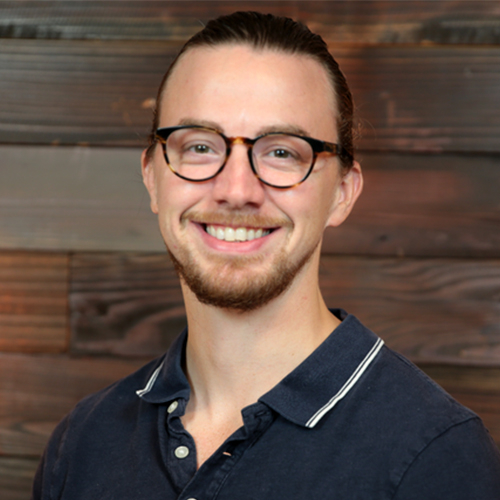
Building a Legacy: Views About Autopsy, Organ Donation, and Research Donation After Neonatal Death

Cody is a Clinical Nurse II and serves as chair of a pain and palliative care committee in a level 4 NICU at UCSF Benioff Children's Hospital in San Francisco, CA. He switched careers to nursing as a result of experiencing the death of his newborn daughter, Quinn, in the NICU. Cody is an experienced educator reflected by his years teaching Chemistry at the high school level. His graduate degree is in qualitative research, which has supported his efforts in improving neonatal palliative care.
Families whose infants die in the Neonatal Intensive Care Unit (NICU) may be asked about autopsy, organ donation, and research tissue donation. Understanding how parents experience these often difficult but important conversations is crucial information for healthcare teams. This presentation provides the results of research that looked at the perspectives of parents who had experienced neonatal loss. Make a lasting difference to the families in your care by learning more about how to approach the conversation of autopsy, organ donation, and tissue donation for research in a way that is parent centered.
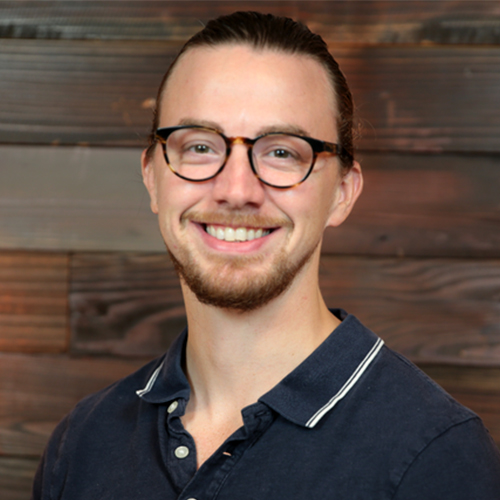
View Details / Enroll
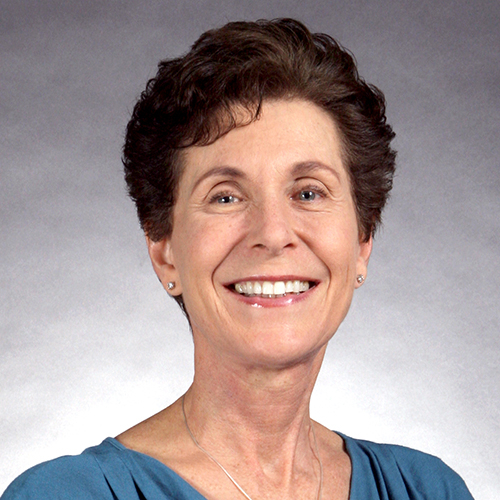
Building Strong Bonds: The Neurobiology of Parent-Infant Attachment in the NICU

After raising three children as a stay-at-home mother, Dr. Phillips received a master’s degree in Developmental Psychology with a focus on mother-infant attachment, became NIDCAP certified as a Preterm Infant Developmental Specialist, and then attended medical school at University of California, Davis. She completed her pediatric residency and neonatology fellowship at Loma Linda University Children's Hospital in S. California and is an attending neonatologist in the Level 4 NICU at the same hospital. She is an Associate Professor of Pediatrics/Neonatology at Loma Linda University School of Medicine and is Pediatric Department Chair and Medical Director of Neonatal Services at Loma Linda University Medical Center-Murrieta. Dr. Phillips is an International Board-Certified Lactation Consultant, a Fellow of the Academy of Breastfeeding Medicine, and a past president of the National Perinatal Association (NPA). She is currently President of the Association for Prenatal and Perinatal Psychology and Health (APPPAH), a global non-profit organization with a mission to support healthy infant-parent relationships before and after birth. Her passion is to honor and nurture the earliest connections between babies and their parents.
Developing secure bonds of attachment is a major developmental task for all human babies, a process that is considered to be foundational for future mental health and even physical wellbeing. The mechanism for doing so is called “nurturing,” and a growing body of evidence supports the impact of nurturing on physiologic stability, co-regulation and growth, as well as brain development and ongoing physical and emotional health. The first bond of attachment is between mother and baby and begins before birth. Separation of mothers and babies always causes stress and interrupts the bonding and attachment process. When temporary separation is necessary in the NICU, there are ways we can support mothers and babies to help minimize the detrimental effects of separation and to promote healing. This presentation will describe the neuroscience behind parent-infant bonding and attachment and the neurobiology of skin-to-skin contact as a modality for nurturing babies. We will describe ways to communicate with NICU babies in a manner that enhances bonding and attachment and promotes the development of trust as well as enhances brain and language development. We will discuss ways to support babies, mothers, families, and staff in promoting bonding and attachment in the NICU.
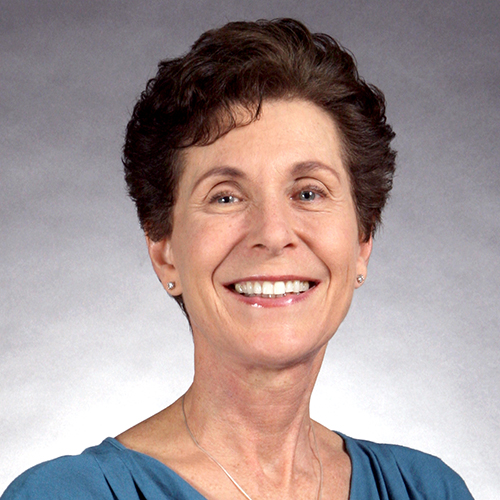
View Details / Enroll
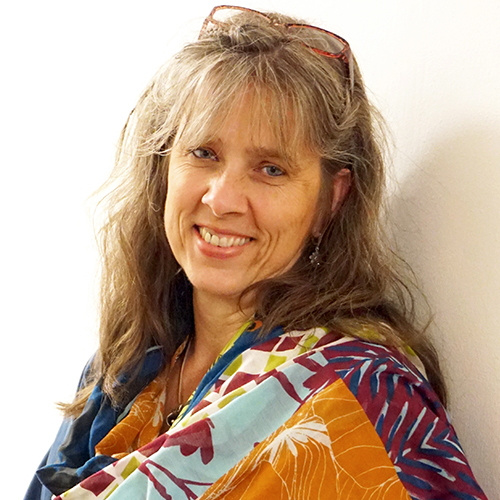
Building Strong Children: The Power of Buffering Protection Through Responsive Parenting and Caring Communities

Marianne is a mother of four grown-up, home-birthed and breastfed daughters and granny of five beautiful home-birthed, breastfed grandchildren. After a personal experience with breastfeeding practices in a hospital, she became a volunteer for the Dutch breastfeeding association in 1994 and for many years, she led big groups for pregnant and breastfeeding mothers in her home town.
She became an IBCLC in 2008 and launched her private practice, from which she does consultations, book translations (such as James McKenna’s book ‘Sleeping With Your Baby’ and recently ‘Safe Infant Sleep’, and Jill and Nils Bergman’s book ‘Hold Your Prem’), blogging and writing on youth healthcare, advocating for policies that generously take neurophysiological and sociocultural convictions into account. Translating and avid reading widened Marianne’s insights and field of interest, leading her her to Cultural Anthropology & Development Sociology at the University of Amsterdam and subsequently a master’s degree in Medical Anthropology & Sociology.
Combining several fields, she co-founded the initiative ACE Aware NL early 2020, chiming in with similar movements in Scotland and California, US. The aim is to increase awareness around Adverse Childhood Experiences and their impact on adult health and wellbeing. Now that science abundantly shows the importance of sensitive and responsive parenting for overall health and wellbeing, all sectors in society deserve to know what a world of difference they can make in a child's life if they succeed in incorporating trauma-sensitive approaches . Marianne expects to remain strongly tied to this field for the rest of her life.
There is a growing awareness about the impact of Adverse Childhood Events or ACEs and the toxic stress they can create during a child’s formative years. So far much of the research and conversation has focused on identifying ACEs and the negative life-long consequences they can have. How can we reframe the conversation to shift from focusing on reacting to negative outcomes, to creating the caring connections that promote healthy brain development and stress regulation? To feel healthy, people of all ages look for a meaningful existence with loving and caring relationships. In the Salutogenic Model of Health this is called the Sense of Coherence (SoC). When the SoC is under strain, this can cause pain and trauma that both parent and child express in behaviours that are difficult to handle for themselves and others. As innately and intensely social beings, humans actively try to connect to others to build positive, contextualised relationships that support health and wellbeing and create social resources. Therefore, secure childhoods and nurturing social environments are likely to increase lifelong resilience. Looking at health from a salutogenic perspective can help us understand that health and wellbeing cannot simply be depoliticised and decontextualized as an individual responsibility. ACEs are not always preventable, but we have the power to help both parents and professionals create the positive childhood experiences (PCEs) that buffer the negative ones and create resilience.
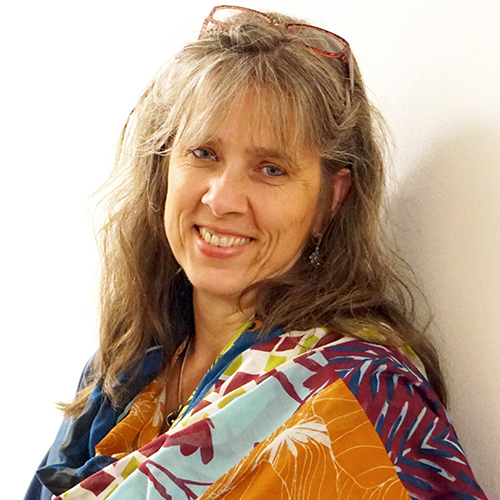
View Details / Enroll
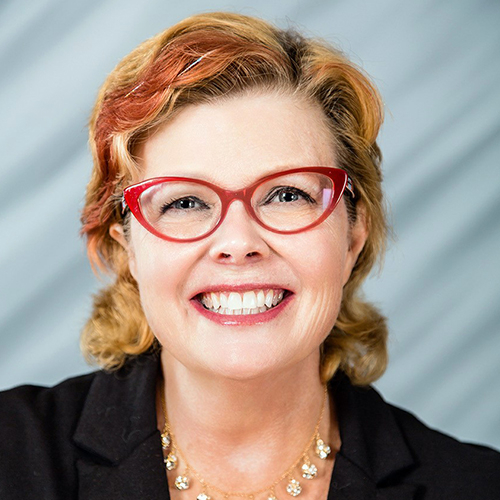
Burnout, Secondary Trauma, and Moral Injury in Perinatal Care Providers

Dr. Kendall-Tackett is a health psychologist and International Board Certified Lactation Consultant, and the Owner and Editor-in-Chief of Praeclarus Press, a small press specializing in women's health. Dr. Kendall-Tackett is Editor-in-Chief of the journal, Psychological Trauma and was Founding Editor-in-Chief of Clinical Lactation, a position she held for 11 years. She is Fellow of the American Psychological Association in Health and Trauma Psychology, Past President of the APA Division of Trauma Psychology, and a member of APA’s Publications and Communications Board.
Topic: Breastfeeding Helps Mothers Overcome the Legacy of Abuse and Adversity: It Makes All the Difference - [View Abstract]
Topic: Burnout, Compassion Fatigue and Self-Care for Members of the Perinatal Team - [View Abstract]
Topic: Burnout, Secondary Trauma, and Moral Injury in Perinatal Care Providers - [View Abstract]
Topic: Does Breastfeeding Protect Maternal Mental Health? The Role of Oxytocin and Stress - [View Abstract]
Topic: Lessons to Learn from Fed Is Best: How Can We Improve Our Care? - [View Abstract]
Topic: Mother-Infant Sleep Location: It's Not as Simple as it Seems - [View Abstract]
Topic: Trauma and Breastfeeding: Working Effectively with Trauma Survivors - [View Abstract]
Topic: What’s New in Postpartum Depression? A Summary of Current Findings - [View Abstract]
Working in perinatal care can be deeply rewarding. It can also lead to job-related burnout, secondary traumatic stress, and moral injury. Secondary traumatic stress (compassion fatigue), or moral injury, can occur when witnessing traumatic events in the workplace. This can occur when witnessing infant death or traumatic births, or when there is too much work, or work that doesn’t seem to make a difference, and little institutional support. Unfortunately, this is remarkably common among caregivers for perinatal women. Burnout, compassion fatigue, and moral injury can lead to physical and mental health sequelae for care providers and have a negative effect on the care they provider. Self-care is essential for being able to provide care to others. In this presentation, participants will learn about the causes and consequences of burnout, compassion fatigue, and moral injury. Fortunately, there is hope for recovery. Participants will learn some specific strategies for integrating self-care into their care for others.

View Details / Enroll
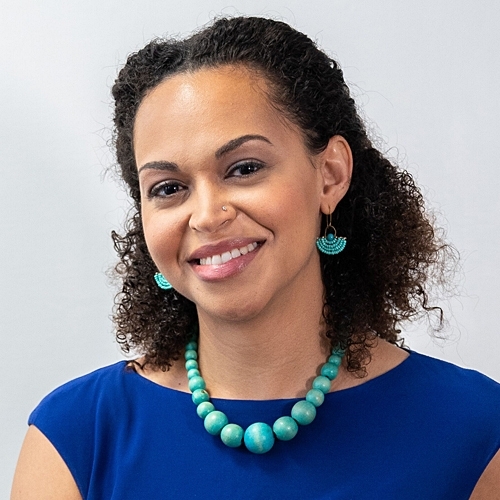
Can Broths and Baths Help the Baby Blues? Where Indigenous Wisdom Meets Functional Medicine

Ihotu Jennifer Ali, MPH, LMT, CLC (she/her) is a doula, public health educator, researcher, and integrative massage therapist specializing in myofascial release therapies including the Arvigo Techniques of Maya Abdominal Therapy®, Craniosacral Therapy, Prenatal, and Infant Massage as a Spinning Babies Aware Practitioner®. She is founder and owner of Black Moon Bodywork, LLC which offers massage therapy blended with health coaching in integrative and indigenous practices to support hormone balance, digestion, sexual and reproductive health, and reproductive justice.
Ihotu’s decade of experience in femme and family health includes years as a DONA certified birth doula and lactation counselor, prenatal yoga teacher and dancer, rape crisis counselor, Institute for Integrative Nutrition coach, and director of pre-conception health programs funded by the March of Dimes. She has collaborated with midwives and physicians in Haiti, Nigeria, Congo, and Morocco, and worked in health policy and research with the U.S. Congress, Clinton Foundation, United Nations Millennium Development Goals, and Columbia University’s School of Public Health. Raised between Minnesota, New York City, and West Africa with respect for both indigenous and evidence-based medicine, Ihotu strives to offer innovative care that is affordable, consent- and trauma-informed, gender fluid and ancestrally rooted. Her writing, public speaking, and coaching brings together emerging science in hormones and gut-brain health, functional medicine, Reproductive Justice and Afrofuturism movements. She offers an intercultural commentary on the busy modern lifestyles, social pressures, and unresolved trauma often at the root of today’s chronic health conditions.
Indigenous practices around pregnancy, birth and postpartum have become wildly popular, and some even controversial, from rebozo belly sifting and Bengkung binding to herbal massage oils and vaginal steams. This presentation will dive deeper to explore the theories and assumptions behind certain lineages of indigenous postpartum care (Traditional Chinese Medicine, Mayan and Nigerian), their analysis of the postpartum body as in a “cold state,” and common warming foods and practices. We will also look at the theories behind functional medicine and compare the two perspectives – both ancient and emerging science - in their common view of the postpartum body as being in a depleted state in need of nourishment.
Given the lack of standard postpartum care and the high rates of postpartum depression and mood disorders, a family-oriented and public health approach is proposed here, at the intersection of both indigenous and functional medicine. Both early research and generational wisdom suggest that integrative postpartum care focusing on regular warm broths and baths, anti-inflammatory foods, and nourishing the hormonal, digestive and circulatory systems can relieve new parents’ swelling, joint pain, constipation, hot flashes, energy and mood, especially for those with health conditions, after a difficult pregnancy, or a long or traumatic birth.
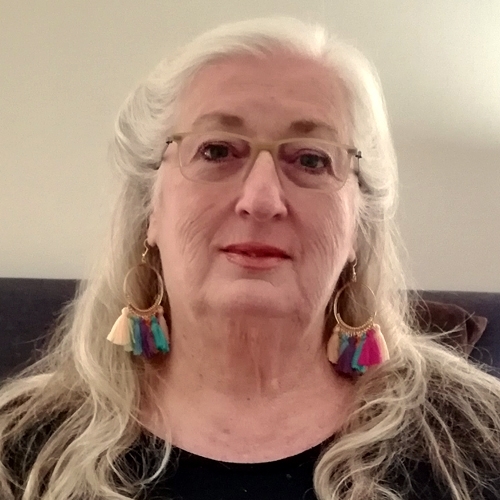

Denise Love is a dynamic international speaker and educator.
She is passionate about life and compelled to support women through their many transitions in life. With an ever developing interest in life and death, she walks the path with many around death, particularly women whose babies die, either in utero, at birth, or soon thereafter.
With a Masters degree in nursing, living and working in remote villages in Asian countries as well as Australia, she is determined that women and babies be treated respectfully within their cultural expectations.
As a childbirth educator and an instigator of the introduction and training of doulas in Australia 20 years ago, Denise identified the vital need for birthing women to ""find their voice"" and trust their ancient internal ability to birth their babies. This recognition was stimulated by the developed world's highly structured interventionist and medicalised birthing paradigms and seemingly inflexible protocols and practices. Birth matters and so does the way we all die. Combining direct language, ritual and acknowledgement of grief when a baby dies, Denise brings a refreshing attitude and approach.
In her early years, practising as a Registered Nurse in remote indigenous communities, Denise gained valuable insight into how to trust our innate ability to birth, live fully and die. Denise's view has since been further reinforced through her work with vulnerable marginalised villagers in developing countries, where death is accepted as just a normal part of living.
Death is an extraordinary “thing” in our society. Since the invention of modern medicine, death has become the enemy, the unexcepted, the unacceptable, something to fight against, and a failure. Notwithstanding the fact that death is the only known certainty in life, we are shocked and overly distressed about it. There seems to be a hierarchy in death, that children shouldn’t die. It isn’t too many years ago that a mother expected with her large family that she would “lose” 2-3 children. That is still my experience in developing countries. I bring with me balance of modern medicine working together with educated mothers, and traditional expectations and practices, to try and find that balance in our work.
I will be discussing a baby as meaning from the moment of conception through to first year of life. We will explore the concept that as health professionals how our own thoughts, feelings, fears and beliefs influence how we respond to a mother and her family. The behaviours and expectations of the people around her influence her grief path, therefore we need to be clear and conscious in our communication. Examine rituals and behaviours that can alleviate some of her devastation, relief or pain.
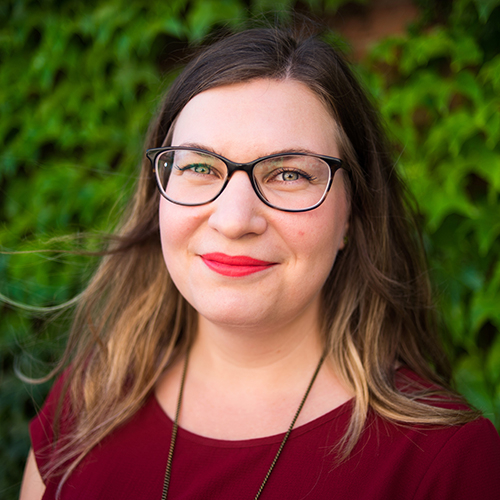

Dr. Lesley A. Tarasoff is a Canadian Institutes of Health Research-funded Postdoctoral Research Fellow in the Department of Health and Society at the University of Toronto Scarborough. She is a leading scholar on the perinatal health of women with disabilities; Dr. Tarasoff is a co-author of the first known clinical practice guidelines on labour, delivery, and postpartum care for people with physical disabilities (see Berndl et al., 2021, JOGC) and of several systematic reviews and studies on the perinatal health outcomes and care experiences of women with disabilities in Canada. Primarily drawing on qualitative methodologies, her broader program of research aims to understand and address disparities and inequities in reproductive, perinatal, and mental health and health care experienced by often-stigmatized and marginalized groups, namely women with disabilities and sexual minority women. She holds a PhD in Public Health Sciences, with a Specialization in Women’s Health, from the University of Toronto. She is an advocate of midwifery care and even more so after the birth of her son in 2021.
Women with physical, sensory, and intellectual/developmental disabilities experience significant social, health, and health care disparities. Recent data show that their pregnancy rates are increasing. However, little is known about the perinatal health outcomes and care experiences of women with disabilities. In this presentation, I will provide an overview of research concerning the perinatal health outcomes and care experiences of women with disabilities, specifically highlighting findings from a National Institutes of Health-funded study conducted in Ontario, Canada.
From population-based health records data, we found that women with disabilities experience higher rates of perinatal health complications than women without disabilities. From interviews with women with disabilities and health and social service providers, including midwives, we identified barriers to optimal perinatal care for women with disabilities, including failures to meet accessibility and communication needs, with particular gaps in care identified in the postpartum period. This presentation will conclude with a discussion of implications for midwifery practice, identifying ways in which the midwifery model of care may best address the challenges experienced by women with disabilities during pregnancy, delivery, and the postpartum period; these include longer appointment times, the ongoing process of informed consent, home visits, and extended support in the postpartum period.
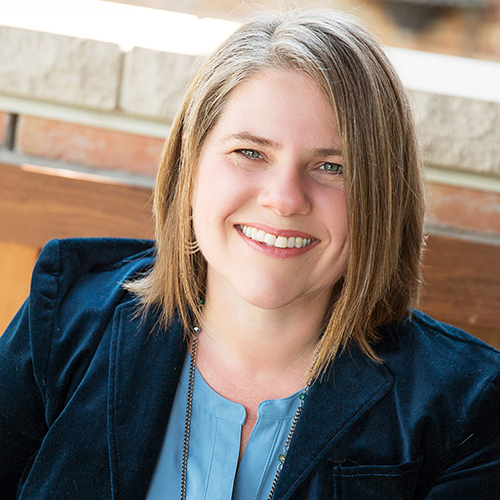

Karen Laing, IBCLC, AMT is a Mindfulness Based Stress Reduction (MBSR) teacher with a background in reproductive health care. As a practitioner over the last 25 years, Karen has cared for families as a trauma-informed perinatal educator, a Board-Certified Lactation Consultant, and as a midwife. As an organizational leader, she is the founder and CEO of Birthways where she has played a role in creating innovative maternal/child service models incorporating perinatal education, home-based doula care, lactation services and perinatal mental health programs. She and her team are currently working to build the Okkanti platform, a transformative application that tackles disparities by providing care coordination, digital health tools, health education and access to maternal health supports. As a teacher of mindfulness and caregiving, she has taught and mentored providers throughout her career and is the creator of the Compass of Mindful Caregiving, 6 Qualities of Embodied Mindfulness, and 40 – second Compassion Initiatives, toolkits such as the Cup of Kindness for family caregivers and a number of programs designed to improve the ways we take care of one another. She founded WisdomWay Institute in 2017 to better share the tools that support improved safety, respect and compassion in care relationships while preventing burnout.
Karen believes that systemic change involves many facets, but that we can begin with our moment-to-moment interactions.
Trauma-Informed Care (TIC) foundations establish that qualities such as trust, respect, compassion, and self-regulation on the part of the practitioner are essential to creating the conditions that would translate into ‘safety,’ ‘trustworthiness,’ ‘mutuality,’ and ‘choice.’
But how do we develop these qualities?
In many ways, we have an ideal in our imagination for this quality of personhood that ‘delivers’ trauma sensitive care, but we often fail to explore how exactly one cultivates and maintains an approach that is not just ‘informed’ but embodied.
By briefly reviewing the history and limitations of trauma-informed care and exploring the emerging themes at the intersection of trauma-healing, social justice, and somatic studies, we will define Healing Informed Care (HIC) and what the framework asks of us in our care roles.
As we learn the ‘what’ of healing-informed approaches, we will uncover the ‘why’ and the ‘how.’ Participants will emerge with a practice map for building skills that not only make Healing Informed Care possible, but skills that support meaningful self-monitoring and self-care, critically important to buffer against stress and burnout in these professions. By building an intimate and compassionate awareness of our own patterned responses, we unleash the potential to better understand and to attend to the bodies that we are in, and to naturally build ‘beloved community’ where safety, dignity and care are more readily available in service of healing.

Check your “Blind” Spot, The Crisis We Are Not Talking About: Transforming Color Blindness to Racial Equity

Felisha Floyd, BS, CLC, IBCLC is currently Lactation Coordinator for Hospital Corporations of America system in Florida. She also offers infant feeding support, mentorship, and education to her local community via her private practice, Beyond Breastfeeding. Felisha is the founder of Our Brown Baby, a community based breastfeeding support group, which serves to provide specialized culturally sensitive breastfeeding support to families of color. In addition to these roles, Felisha is one of the founding mothers and current President of the non-profit The National Association of Professional and Peer Lactation Supporters of Color, affectionately known as "NAPPLSC". She is also a Center for Social Inclusion First Food Equity Cohort member. Previously, she worked as a Women, Infants, and Children (WIC) Breastfeeding Peer Counselor and Breastfeeding Coordinator.
Fueled by her professional and personal passions to ensure that all mothers have access to quality breastfeeding support and resources, she has fervently pledged to reduce breastfeeding disparities in the African American community. To this end, she continually makes efforts to help increase breastfeeding rates in the African American community by unapologetically fighting that which contributes to racial health disparities. Fearlessly obsessive, she is affectionately known as the social media guru "Blactavist!" (Black Lactation Activist). This online community consists of approximately 38,000 supporters on Twitter, Facebook and Instagram, and is dedicated to empowering African American families to breastfeed.
Felisha is a national leader, an experienced trainer and speaker, and a consultant. Through her aforementioned roles, she has provided training programs across the US on topics of clinical breastfeeding, racial equity, first food justice, mentorship, power of collective impact and more. Her previous experience includes national trainings for WIC and professional consultancies for WIC Loving Support Program and the Boston Medical College's Communities and Hospitals Advancing Maternity Practices grant funded program.
Dedicated to improving the level and diversity of lactation support nationally, Felisha trains and mentors aspiring lactation consultants through her private practice. She is the co-author of Clinical Internships for the Next Generation of IBCLCs, an article featured in The Journal of Human Lactation. Felisha also serves with high honor as a member of the Global Board of Directors for Mom2Mom Global, the Advocacy Chair for the State of Florida Breastfeeding Coalition, Secretary of the Board of Directors for the United States Breastfeeding Committee (USBC). She has been honored as a recipient of the Inaugural Concrete Rose Award by Reaching Our Sisters Everywhere and recognized by USBC with the Legacy Award.
We deepen understanding of false conceptual assumptions that define racial equity by critiquing standards of organizational operations. Strengthening awareness to lactation providers by defining and determining key terms which identifies structural racism and reduces superficial outcomes. By alternating racial equity from a “hot topic” to systemic revolution to deconstruct barriers by challenging these assumptions by concepts. Identifying standards that ensure transformation and shift gears from idealist views on racial equity to strategies to promote impactful solutions. Reevaluating promises to actions which Increases understanding of racial equity through policies, practices and procedures. Empowering audience to determine their baseline and understanding of racial equity to build compacity to their ability to morph from ally to accomplice. Giving guidelines, theories and concepts to build an organizational framework to develop and implement plans to incorporate into practices. Despite a growing interest to being sympathetic to racial equity efforts, this learning environment will improve understanding of systems of racism which impact health outcomes. Giving the learners the ability to examining concrete approaches to advancing racial equity.

View Details / Enroll

View Details / Enroll
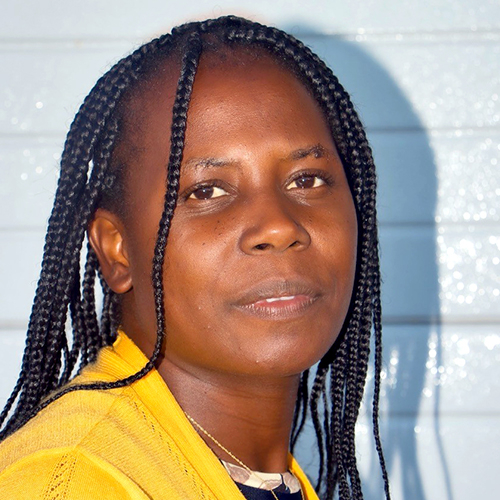

Sarah Mlambo is a registered Nurse and Midwife who has international and intercultural nursing and midwifery experience in both the public and private sector. She has several qualifications from Zimbabwe, Namibia and South Africa. Sarah Mlambo is currently finalising her PhD where she focusses on a model for midwives in the facilitation of childbirth-choices. She is a published author and Midwifery educator in Namibia.
“Incomplete, inaccurate, biased or unavailable patient education, resources and lack of opportunity for pregnant patients to have meaningful conversations with their healthcare providers about their individual care” (Stirling, Vanbeisien & McDougall, 2018, p. 13) is a major setback when women are being facilitated with childbirth-choices. Initiating the facilitation of childbirth-choices early in pregnancy gives the woman some time to weigh the options and for the healthcare provider to clear any misconceptions relating to childbirth types, yet this is a largely un-investigated area of concern in Namibia.
Improving the outcomes for women to have a positive childbirth experience and ensure that the SDG 3 of health for all is achieved exploring the experiences of women and that of midwives was important to ensure the former. Taking into consideration the Universal Rights of Childbearing women and Respectful maternity care (RMC) with a special focus on two of the rights which are “right to information, informed consent and refusal and respect of her choices and preferences, including the right to her choice of companionship during maternity care &” and “right to liberty, autonomy and self-determination and freedom from coercion”. This presentation will contextualize the experiences of women and midwives alike in the facilitation of childbirth-choices. A developed model that will help midwives in the facilitation of childbirth-choices for a positive childbirth experience for women and their families.
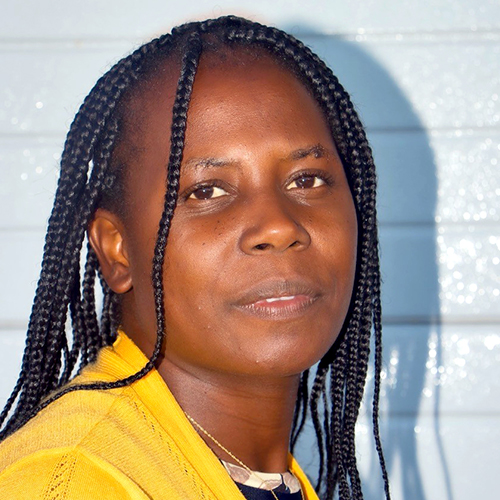
View Details / Enroll





